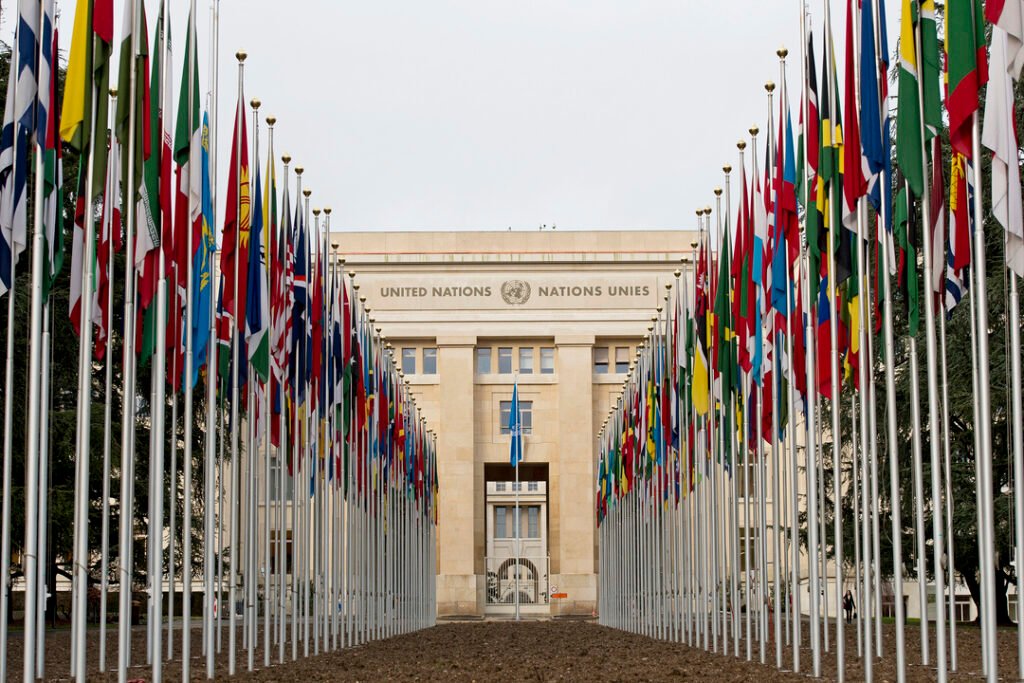In recent years the global economic landscape has continued to face a number of challenges that threatened the progress towards the Sustainable Development Goals (SDGs). This is according to the 2024 World Economic Situation and Prospects report by the United Nations (UN), which projects the global economic growth to slow further to 2.4% in 2024, below the pre-pandemic rate of 3%.
The Russia-Ukraine war, the Israel-Hamas war and the internal conflicts in Africa in addition to sluggish global trade, persistently high interest rates, and increasing climate disasters are among the challenges the UN has identified as the main contributors to deceleration of global GDP growth. These factors pose strong headwinds for the world economy, particularly in poorer developing countries that are burdened with debt and in need of investment to revive growth.
In large economies there have been signs of resilience, but regional disparities persist. For instance, the United States, the world’s largest economy, is expected to experience a decline in GDP growth from 2.5% in 2023 to 1.4% in 2024. China, is projected to face a moderate slowdown, with growth estimated at 4.7% in 2024, down from 5.3% in 2023. Europe and Japan also face significant economic headwinds, with growth rates forecasted at 1.2% for both regions in 2024. East Asia’s economies are expected to experience a moderate slowdown, with growth declining from 4.9% in 2023 to 4.6% in 2024.
In developing regions, there is good news as Africa is projected to experience a slight increase in economic growth from 3.3% in 2023 to 3.5% in 2024. However, the unfolding climate crisis, extreme weather events, and geopolitical instability continue to adversely impact the region.
The global labor market, the report adds, displays divergent trends between developed and developing countries. Developed countries have experienced a robust recovery, with low unemployment rates and rising wages while developing countries show mixed progress, with declining unemployment in some nations but persisting issues such as informal employment, gender gaps, and high youth unemployment.
“Global inflation has been showing signs of easing. After reaching 8.1% in 2022, global inflation fell to an estimated 5.7% in 2023 and is projected to decline further to 3.9% in 2024. Food price inflation, although, still remains a critical issue, exacerbating food insecurity and poverty, especially in developing countries.
Global trade growth which weakened to 0.6% in 2023, is expected to recover to 2.4% in 2024. The slight growth is as a result in the shift in consumer spending from goods to services, rising geopolitical tensions, supply chain disruptions, and the lingering effects of the pandemic which are still impeding global trade. Developing economies which are reliant on exports for economic growth face the repercussions of these changes.
2024 is expected to be a difficult period for developing countries as they continue to face challenges in accessing international capital markets due to high levels of external debt and rising interest rates. Debt sustainability has become a critical concern, exacerbated by increasing global interest rates.
Climate change is also expected to continue its great impact on the global economy. The report predicts substantial losses to the global economy due to climate change. Without mitigation efforts, average global incomes could be 23% lower by 2100, and global GDP losses could range between 10% and 23% by 2100.
There is a need to address the diverse challenges faced by the global economy. According to Shantanu Mukherjee, director of the UN’s Economic Analysis and Policy Division, fears of a recession in 2023 were possible, only to be averted mainly due to the United States, the world’s largest economy, curbing high inflation without putting the brakes on the economy.
“We’re still not out of the danger zone. The unsettled situation in the world could fuel inflation. For example, another supply chain shock or problem in fuel availability or distribution could prompt another interest rate hike to bring the situation under control. We’re not expecting a recession, per se, but because there is volatility in the environment around us, this is the major source of risk in 2024,” he said.


